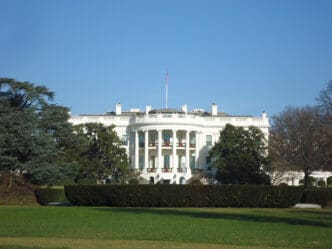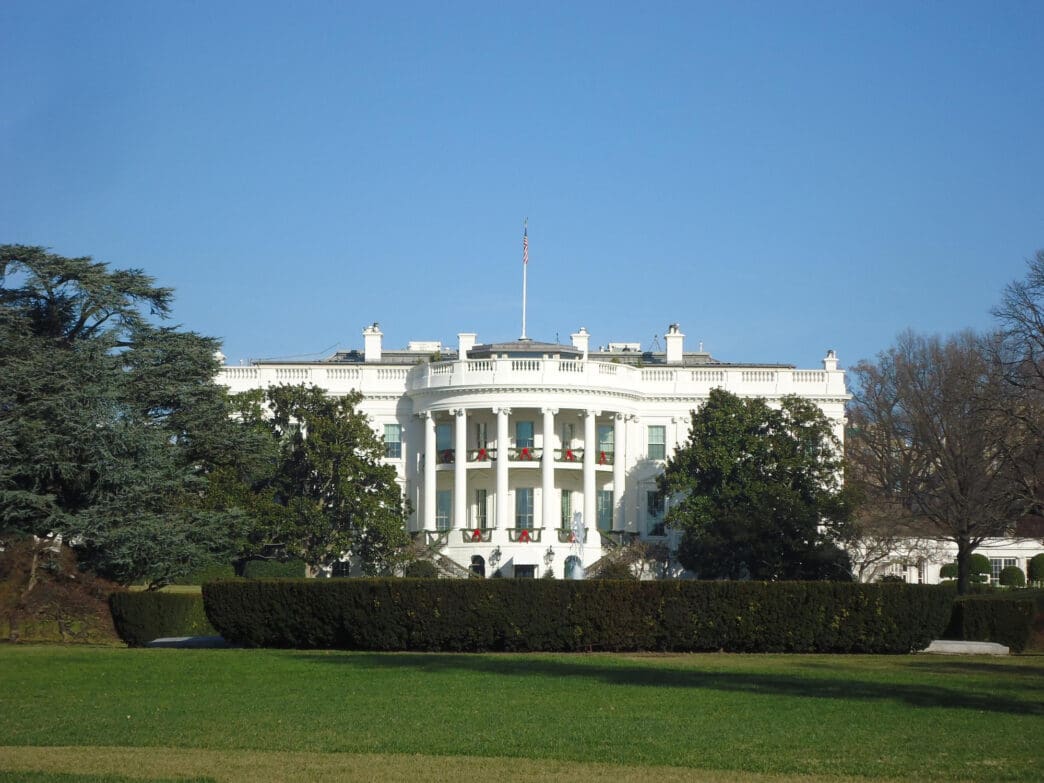Executive Summary
- Paul Ingrassia, President Trump’s nominee for the Office of Special Counsel (OSC), withdrew his nomination on October 21, 2025.
- His withdrawal was prompted by a loss of Republican support in the Senate following reports of alleged racist text messages.
- Ingrassia’s nomination had already faced scrutiny for alleged racist invective, promotion of conspiracy theories, and an affinity for a White nationalist, leading to earlier retractions of support from Jewish groups.
The Story So Far
- Paul Ingrassia, President Trump’s nominee for the Office of Special Counsel, withdrew his nomination after losing Republican support in the Senate due to a series of controversies. These included newly reported alleged racist text messages where he claimed a “Nazi streak” and disparaged Martin Luther King Jr. Day, which compounded previous scrutiny over his alleged racist invective, promotion of conspiracy theories, and inflammatory statements about demographics, ultimately leading to the withdrawal of support from key groups.
Why This Matters
- Paul Ingrassia’s withdrawal as President Trump’s nominee for the Office of Special Counsel, prompted by alleged racist text messages and a subsequent loss of Republican support, represents a significant setback for the administration, underscoring the challenges of securing confirmation for controversial appointees. This outcome prevents an individual with a history of inflammatory statements and limited experience from leading a crucial independent agency tasked with protecting federal whistleblowers, thereby preserving the OSC’s impartiality and avoiding potential politicization.
Who Thinks What?
- Paul Ingrassia stated he withdrew his nomination due to a lack of sufficient Republican votes for confirmation, expressing gratitude for support and affirming his commitment to President Trump’s administration, while his lawyer claimed alleged controversial texts were satirical.
- Senate Republicans, including Majority Leader John Thune and Senator Rick Scott, indicated Ingrassia would not pass the Senate, with Scott declaring his opposition following reports of alleged racist text messages.
- Morton Klein, President of the Zionist Organization of America, formally withdrew his group’s endorsement of Ingrassia, citing the alleged text message revelations as the reason for his decision.
Paul Ingrassia, President Trump’s nominee to lead the Office of Special Counsel (OSC), withdrew his nomination on October 21, 2025, following reports of alleged racist text messages and a subsequent loss of Republican support in the Senate. His withdrawal came ahead of a scheduled confirmation hearing, effectively ending his bid for the independent agency tasked with protecting federal whistleblowers.
Nomination Withdrawal
Ingrassia announced his decision via a social media post, stating he lacked sufficient Republican votes for confirmation at the time. He expressed gratitude for the “overwhelming support” he received and affirmed his continued commitment to President Trump’s administration.
His announcement followed hints from Senate Majority Leader John Thune, who suggested the White House would pull the nomination. Earlier that day, a White House official indicated Ingrassia’s nomination was “under review” in light of the controversy.
Senate Opposition and Controversy
Thune had previously stated that Ingrassia would not pass the Senate and hoped the White House would withdraw his name. Senator Rick Scott of Florida, a Republican on the Senate Homeland Security Committee, had already declared his opposition, which would have likely sunk the nomination in committee if Democrats also voted against it.
The controversy intensified after Politico reported on alleged text messages from Ingrassia to a group chat of fellow Republicans. In these messages, he allegedly claimed to have “a Nazi streak” and suggested the Rev. Martin Luther King Jr. holiday should be “tossed into the seventh circle of hell.”
Ingrassia’s lawyer, Edward Andrew Paltzik, initially questioned the authenticity of the messages but later argued that if authentic, they were meant satirically. Paltzik claimed the texts were “self-deprecating and satirical humor making fun of the fact that liberals outlandishly and routinely call MAGA supporters ‘Nazis’.”
Previous Scrutiny and Lost Support
Ingrassia’s nomination had already faced scrutiny due to earlier reports by CNN’s KFile, which detailed a history of alleged racist invective, promotion of conspiracy theories, and an affinity for a known White nationalist and Holocaust denier. These reports also highlighted tweets from his podcast advocating for martial law after the 2020 election and expressing harsh anti-Israel rhetoric aimed at the Republican Party.
He had also publicly contended that “straight White men” are the most intelligent demographic group and should be prioritized in education. Amid KFile’s initial reporting in July, the Trump administration asserted Ingrassia had backing from numerous Jewish groups, though most of those groups subsequently denied their support.
On Tuesday, Morton Klein, president of the Zionist Organization of America, a key Jewish group that had supported Ingrassia, formally withdrew his endorsement. Klein cited the text message revelations, stating, “If these text revelations are accurate, I have no choice but to immediately withdraw my support.”
Background and Role
Ingrassia, who was admitted to the bar a year prior, served a brief White House internship during Trump’s first term. He later held roles as a White House liaison at the Justice Department and the Department of Homeland Security.
His nomination represented a significant departure from previous leaders of the OSC, a position traditionally held by individuals with extensive managerial or prosecutorial experience. Ingrassia’s background was characterized by his fervent loyalty to Trump and a public record of inflammatory statements.








